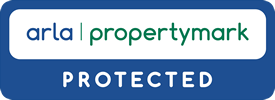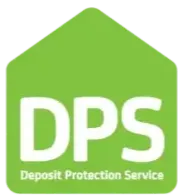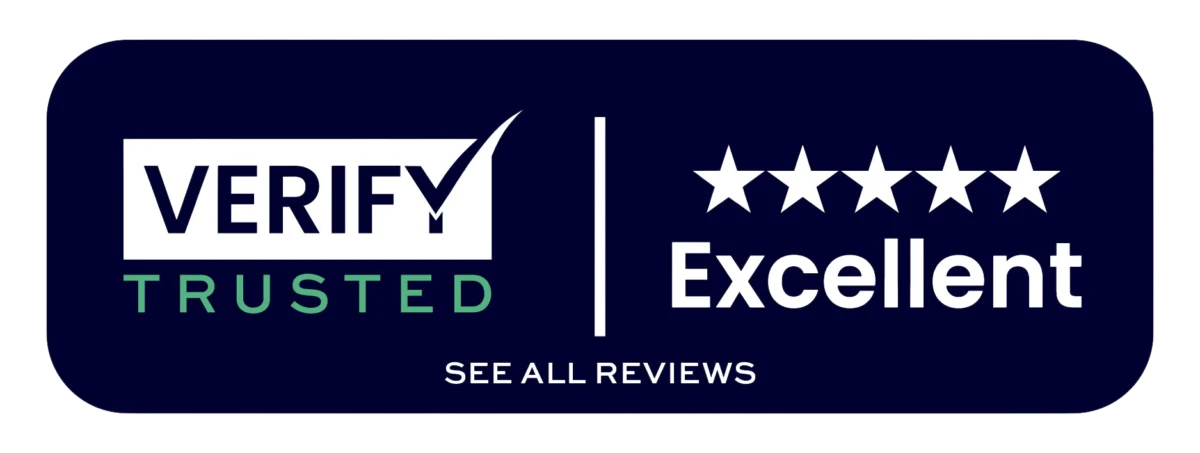With the rental market continuing to flourish, now is a better time than any to start your property business.
But with plenty of red tape and regulatory rules to overcome, being a landlord is not as simple as collecting rent at the end of each month.
To support you, we’re sharing helpful tips that every landlord should know before starting out.
Missed out on our first round of tips? Find them here.
Don’t forget tenant referencing
Landlord and tenant disputes are expensive, so it is vital that you collect references from tenants before they move in. A tenant reference might include credit eligibility checks, employer checks and previous residential history.
Tenancy deposit scheme
It is a legal requirement to place your tenant’s deposit in a Government-approved Tenancy Deposit Protection scheme – such as the Deposit Protection Service, MyDeposits or the Tenancy Deposit Scheme – within 30 days of receiving it.
Once deposited, you should give your tenant the Deposit Protection Certificate. Failing to comply with these rules may result in a fine of up to three times the value of the deposit.
Inspections
The regularity and process of inspections should be clearly outlined in your tenancy agreement, but it is best practice to give your tenants at least 24 hours notice before entering the property.
Insurance
If you do not tell your building or contents insurance provider that you are renting out your property, you may be voiding your plan. Landlords are usually required to take out specialist insurance that will cover loss of rent, damage to the property, legal cover and more.
Keep up to date with Brookings
For more property rental tips and the latest advice, follow our Twitter page here. We will be posting more top tips next week, so keep your eyes peeled!










